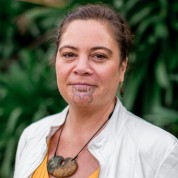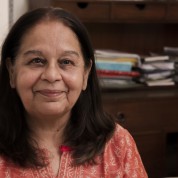Widening inequality, enduring patterns of extraction, persistent power imbalances, and ongoing marginalization of key groups stand in stark opposition to the goals of global health and the standard narratives of its triumphs. The COVID-19 pandemic has brought additional awareness to the inequalities within and between societies. It has also raised questions about why so much unfairness endures, and how to counter the historic injustices of the past that continue to shape today. These questions are shaped by the geographies of power: most prominent among the donor countries are the former colonial and imperial powers, which also house leading institutions of research, education, philanthropy, commerce, and international governance. In general contrast, formerly colonized countries remain poor, and formerly subjugated (and marginalized) people enjoy less health and fewer years of life. Similarly, prominent journals and leading authors of global health research remain largely associated with the United States (US), the United Kingdom, and other former colonizers, even though their work is largely concerned with formerly colonized places and their people. These and similar observations about the inequalities of influence and decision making have informed calls from many quarters to “decolonize” global health. These calls are part of contemporary geopolitics and seek to ensure that any new world order is built on fairness and recognition of equality.
The objectives of this session include clarifying some of the major definitions and concepts that inform calls to decolonize global health. The session will feature speakers who will draw attention to specific problems and experiences that inform their interest in decolonizing global health.
Biosketch
Emma Rawson Te Patu
Jesse B. Bump
Renu Khanna
Rhoda Wanyenze
Session Materials
Jesse B. Bump.pdf





